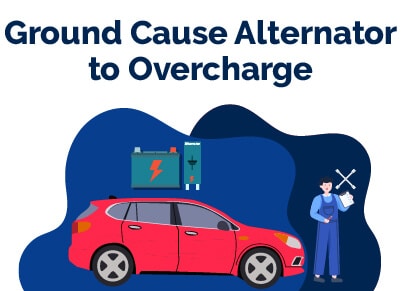Welcome to today’s topic on automotive issues! In this article, we’ll explore the intriguing question: Can a bad ground cause an alternator to overcharge? Let’s dive right in and find out!
Can A Bad Ground Cause An Alternator To Overcharge?
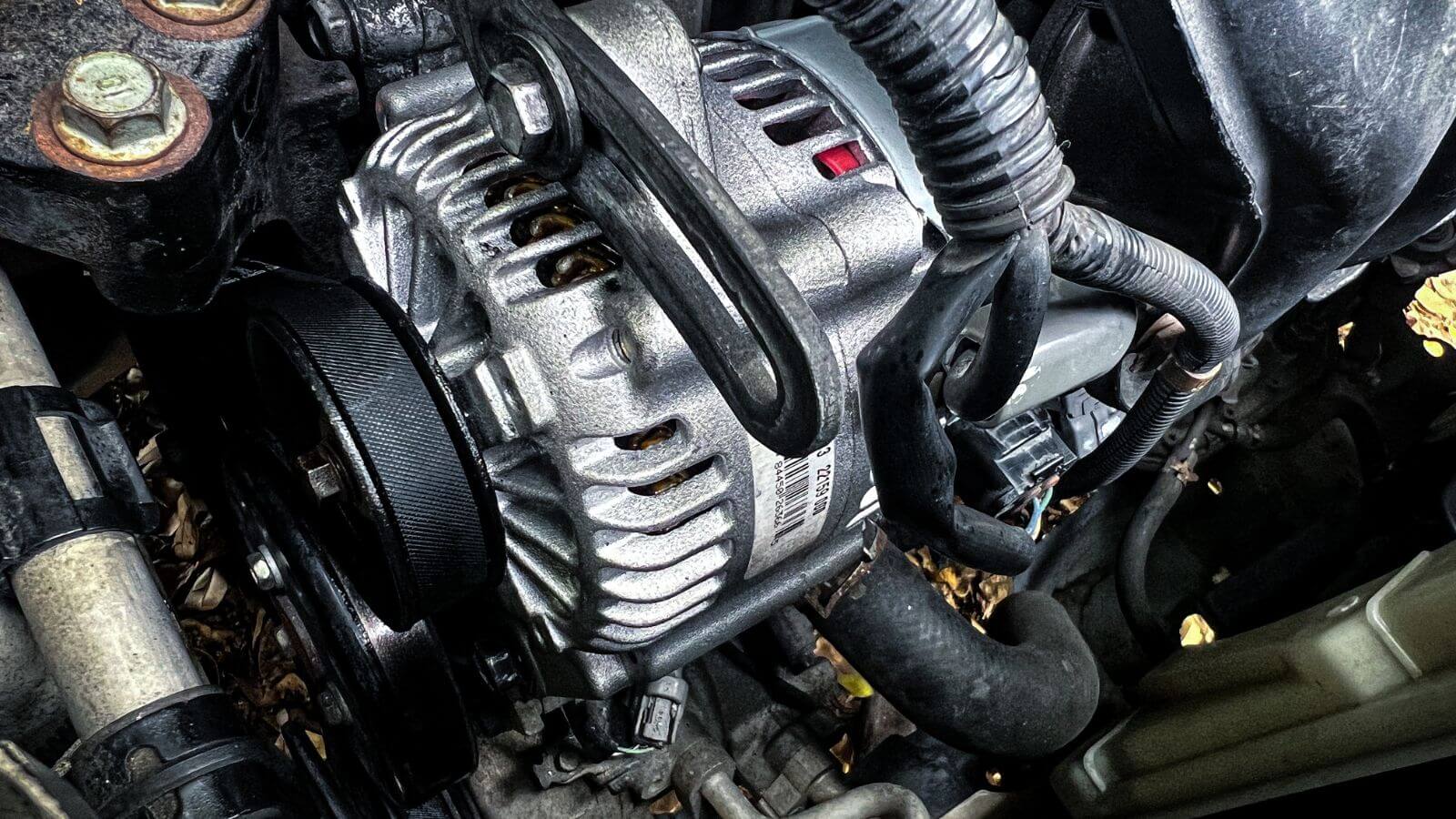
There is ongoing debate about whether a bad ground can lead to alternator overcharging. However, the issue is more likely to cause the alternator to undercharge since power is lost during its transmission to the battery. The alternator voltage regulator plays a crucial role in maintaining voltage control, as indicated by the multimeter readings. Its primary objective is to ensure that the battery terminals receive a voltage of 14.2 to 14.7 volts without exceeding this range.
What causes an alternator to over charge?
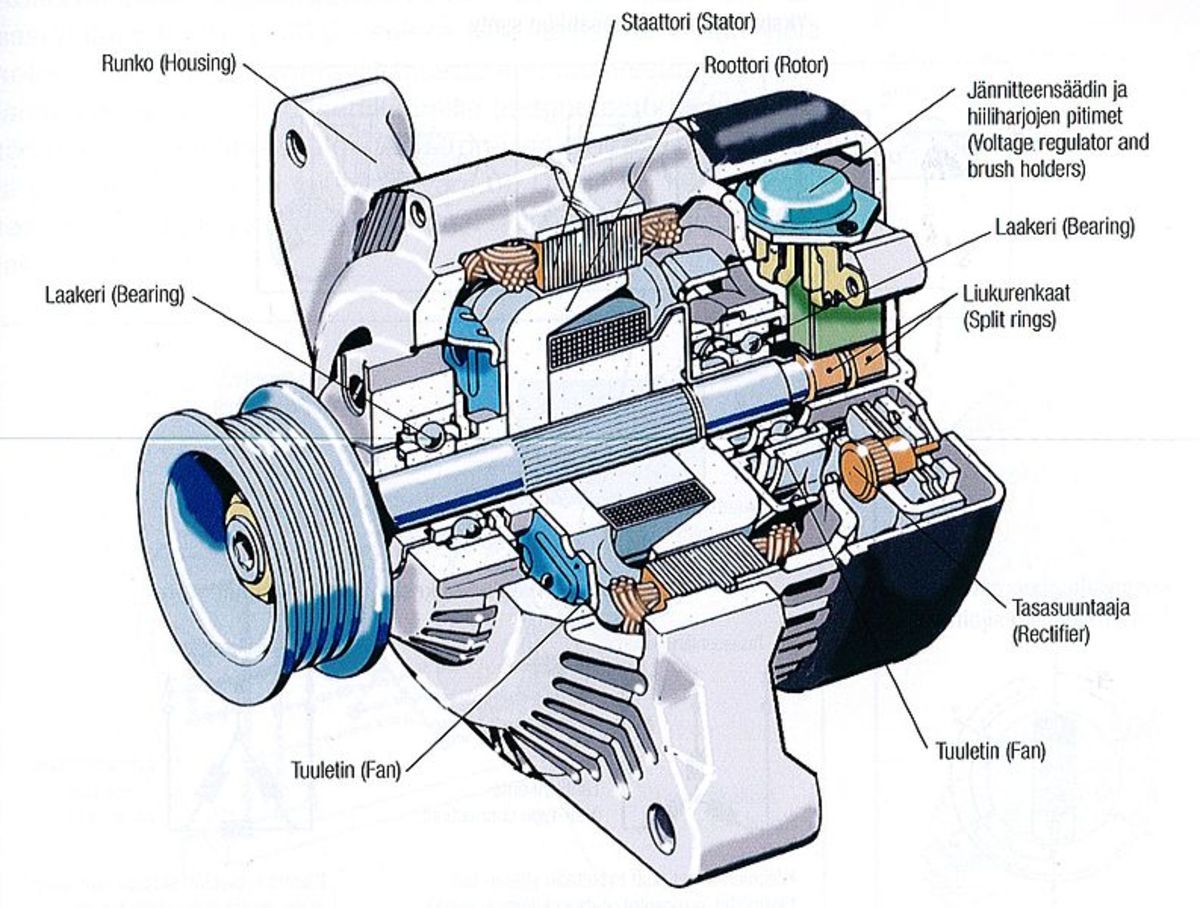
In nearly all instances, an overcharging alternator can be attributed to a faulty voltage regulator. The voltage regulator’s main function is to control an alternator’s output voltage, ensuring that excessive voltage production is prevented.
Each alternator is designed to work alongside a manufacturer-specific voltage regulator, with many regulators integrated into the alternator itself. Under normal circumstances, this regulator maintains charge rates within the range of 13.5-14.5 volts. However, the failure of this crucial component can result in a loss of voltage control.
While alternators more commonly fail in a way that hampers voltage production, voltage regulator failure leading to overcharging does happen with some regularity. This condition can typically be diagnosed using a reliable digital multimeter.
Can a bad ground damage an alternator?
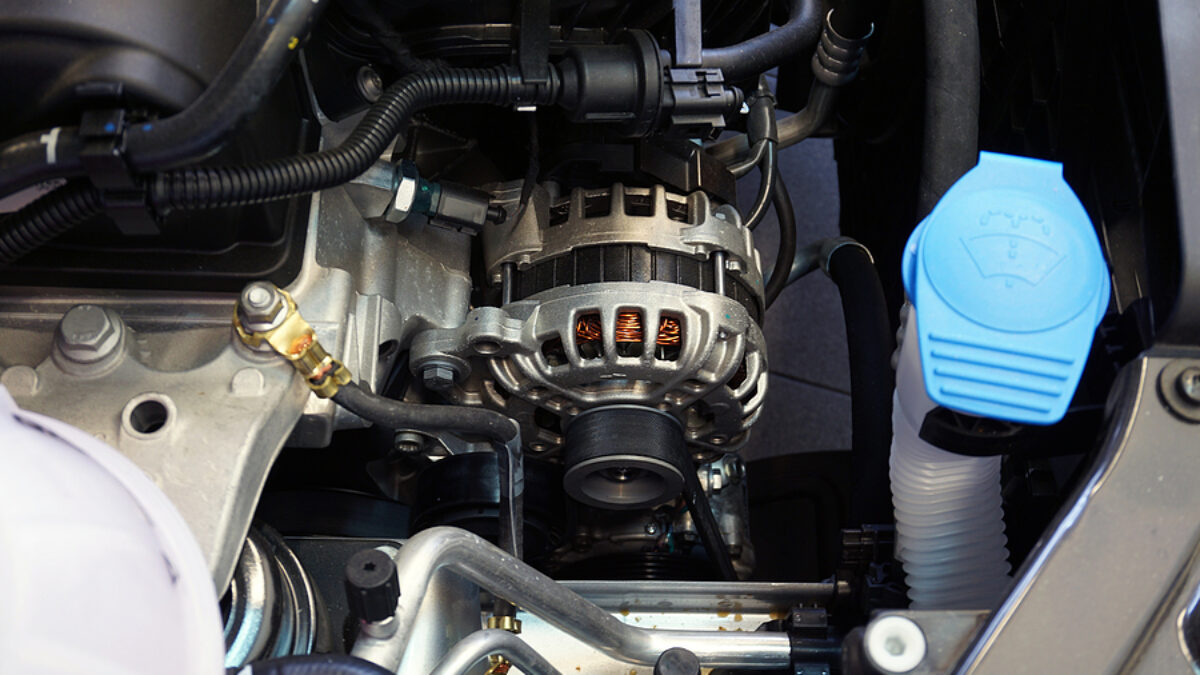
Insufficient ground connections are frequently overlooked as a potential cause of inadequate charging output and alternator malfunctions. It’s essential to inspect for voltage drops at various points, including the positive and negative battery cable connections, the alternator’s BAT+ power connection, and the engine ground strap(s). Voltage drops on the negative side can lead to overcharging issues.
Can a bad ground fry an alternator?
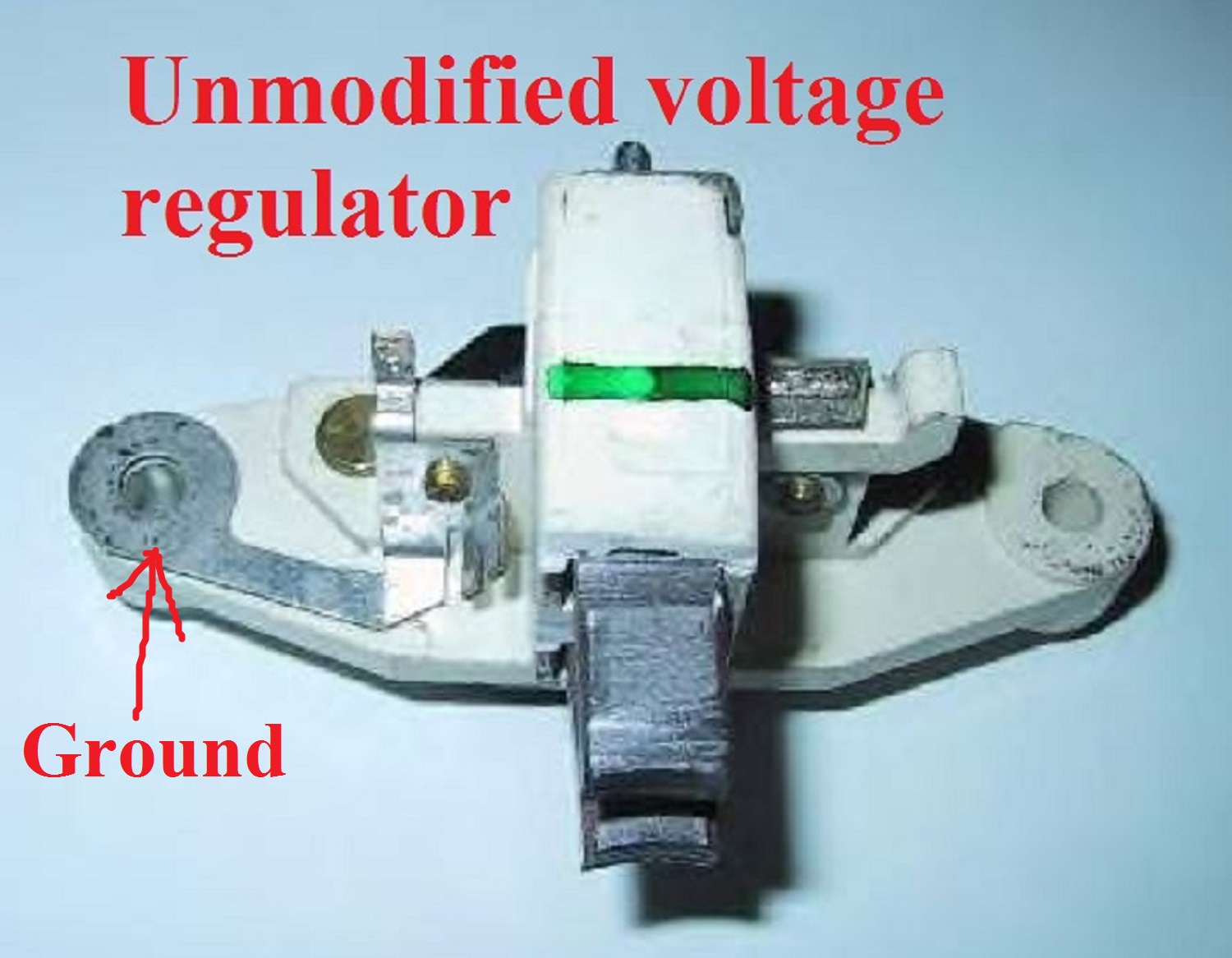
The measurement you are taking pertains to the connection of various ground cables. As electrons flow from the negative to positive side, insufficient grounding can lead to a shortage of electrons, resulting in inadequate power supply to the circuit’s devices.
On the other hand, if the grounds are faulty, an excess of electrons may accumulate on components like the engine block, causing issues such as alternator burnout. This happens because the alternator generates current on the negative side, which flows into the engine block and then needs to travel up the negative cable to the battery. Proper grounding is crucial to ensure a balanced flow of electrons and prevent potential damages.
Does an alternator have to be grounded to charge?
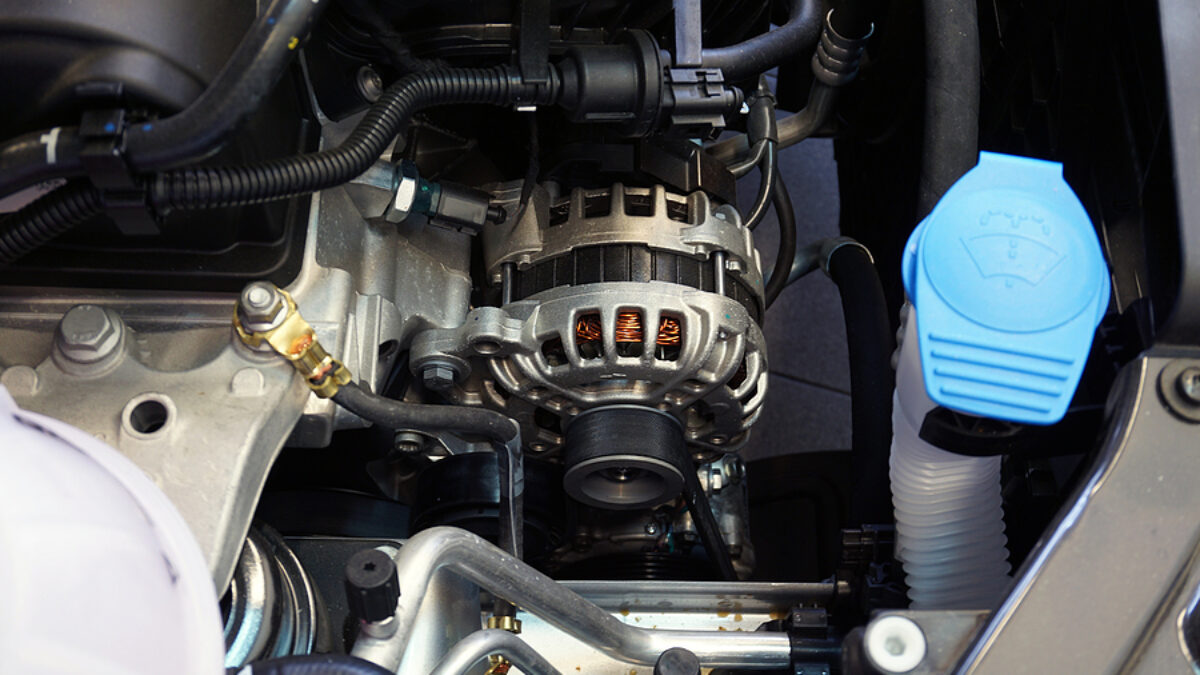
When you bolt the alternator to its mount, it is automatically grounded through its body, so there’s no need for additional grounding. The same applies to the starter and various other components.
However, it’s essential to ensure a good ground connection, as a faulty one can disrupt the flow of electrical current, leading to alternator overcharging. Such issues can cause potential damage not only to the alternator but also to other electrical components within the vehicle. Proper grounding is vital to maintain a stable electrical system and prevent possible damages.
